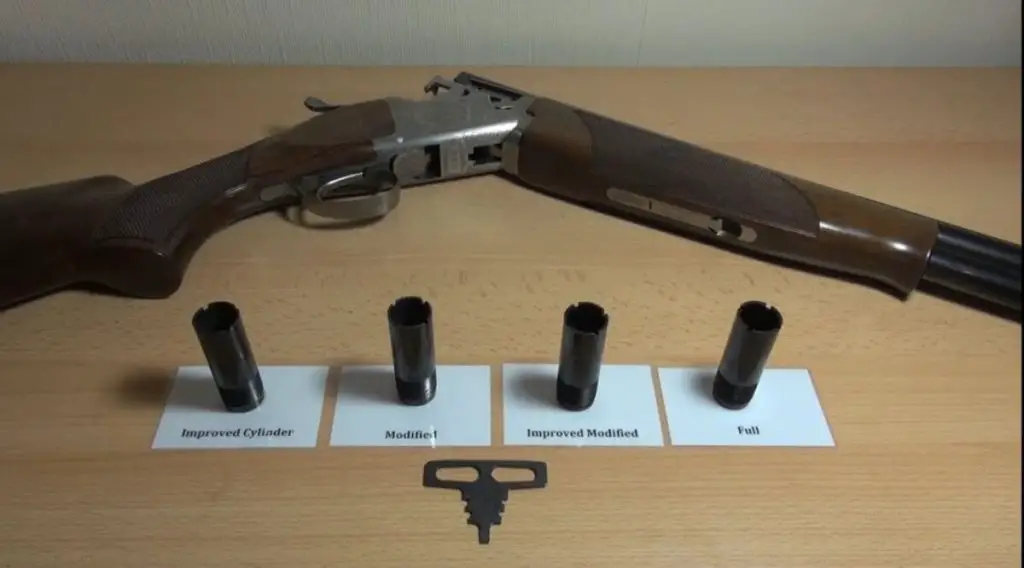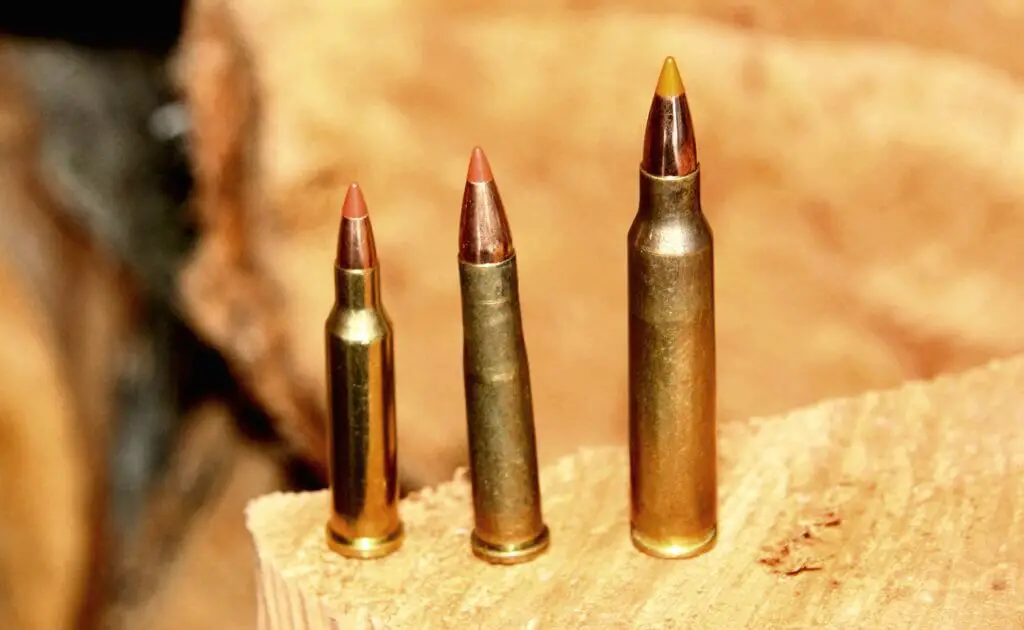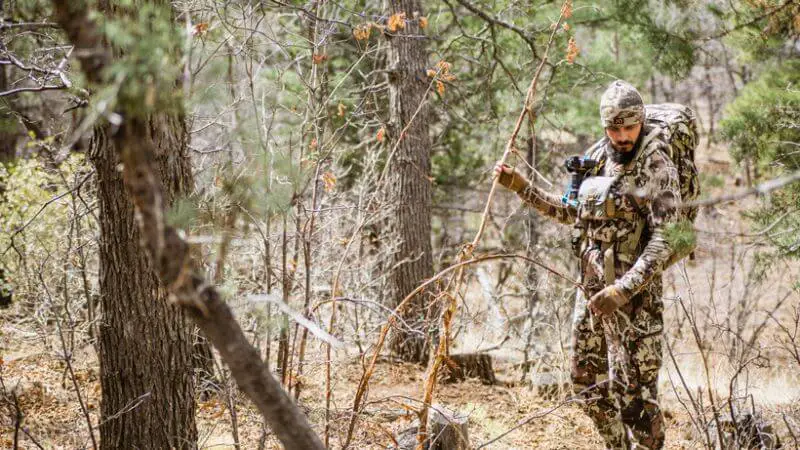When it comes to the best quality laser range finders, the name Vortex Ranger tops the list. This series, especially the Vortex Ranger 1300, is known for its sturdy design, high durability, and unmatched precision. But, perfection is an ideal that is rarely achieved, isn’t it? True to this saying, the Vortex Ranger 1300 has its fair share of problems that users have reported experiencing.
In today’s discussion, we delve into exploring the various issues that users commonly encounter with the Vortex Ranger 1300. We will discuss these problems in detail, provide potential solutions, and present ways to fix these issues.
Vortex Ranger 1300 Issue: Range Limitation
One of the most commonly reported problems with the Vortex Ranger 1300 is an under-delivery on its promised range.
Problem Details
The Vortex Ranger 1300 is touted to have a maximum range of 1300 yards. However, several users have reported that it struggles to lock onto targets beyond 700 yards, which is significantly less than the advertised capacity.
The Fix
It’s essential to understand that the effective range of any rangefinder largely depends on the size and reflectivity of the target and environmental conditions. Therefore, if you’re measuring distant objects, make sure they are large and highly reflective, and the atmospheric conditions are favorable. A clean lens can also make a significant impact.
Vortex Ranger 1300 Issue: Light Transmission
A less commonly reported, but still critical issue is the unit’s seemingly inadequate light transmission capacity.
Problem Details
Some users have reported that the Vortex Ranger 1300 struggles in low-light conditions. The readability of the display can be quite poor, causing difficulty in reading the measurements.
The Fix
One way to overcome this problem is to use sunglasses that enhance color contrast and brightness when using the device in low-light conditions. In addition, keeping the unit’s lenses clean can also help improve the image quality.
Vortex Ranger 1300 Issue: Single Button Operation
Another issue frequently highlighted by users is the difficulties faced while operating the rangefinder.
Problem Details
The Vortex Ranger 1300 operates primarily with a single button, and users have complained that it complicates the process of switching between modes. This problem is especially troublesome when the user is wearing gloves.
The Fix
A solution for this involves familiarizing yourself with the device. Spend time practicing switching between different modes. Over time, your comfort level with the operations should increase, making the handling smoother.
Vortex Ranger 1300 Issue: Accuracy Issues
Shooting enthusiasts require pinpoint accuracy, and there have been reports of the Vortex Ranger 1300 lacking in this aspect.
Problem Details
While the level of accuracy it offers is impressive for most users, a few have critiqued it for not being as precise when it comes to long-range targets.
The Fix
Remember that rangefinders utilize lasers to determine distance, and this laser beam can spread over long ranges. To mitigate this, make sure to aim the device steadily, preferably using a tripod or some other form of support, for more accurate measurements.
To conclude, if you encounter any of these problems with your Vortex Ranger 1300, consider these solutions and fixes. Remember, it takes time to adapt to any new technology, so practice regularly and use the equipment correctly for the best performance.
Despite these problems, it’s important to say that the Vortex Ranger 1300 remains a crucial tool for any outdoor enthusiast, beloved for its durability and convenience. If you address these small issues adequately, you can enhance its effectiveness according to your personal needs.
Frequently Asked Questions
1. Does the Vortex Ranger 1300 have angle compensation?
Yes, the Vortex Ranger 1300 does have angle compensation. It is equipped with the HCD (Horizontal Component Distance) angle-compensated ranging technology, which takes into account the incline or decline of the terrain and provides you with an accurate horizontal distance reading.
2. Which Vortex rangefinders have angle compensation?
Several rangefinders in the Vortex optics lineup have angle compensation, including the Vortex Ranger 1300, Vortex Ranger 1800, Vortex Razor HD 4000, and Vortex Impact 1000.
3. What is a Vortex Ranger?
The Vortex Ranger is a series of rangefinders manufactured by Vortex Optics. They are designed to provide precise distance measurements for hunting, shooting, and other outdoor activities. The Vortex Ranger rangefinders offer high-quality optics, reliable performance, and a rugged construction.
4. What is the difference between Vortex Ranger 1800 HCD and LOS?
The main difference between the Vortex Ranger 1800 HCD (Horizontal Component Distance) and LOS (Line of Sight) models lies in their ranging capabilities. The Ranger 1800 HCD takes into account the angle of the shot and provides an angle-compensated distance reading, while the Ranger 1800 LOS provides the line of sight distance without angle compensation. The HCD model is especially useful when shooting at elevated or declined targets.
5. What are some common problems with the Vortex Ranger 1300?
While the Vortex Ranger 1300 is known for its reliability, a few common issues that users may encounter include difficulty acquiring targets in low light conditions, fogging of the lens in humid environments, and occasional battery drain if not properly turned off after use. However, these problems are usually rare and can be easily resolved or avoided with proper usage and maintenance.
6. How do I troubleshoot the target acquisition issue in low light conditions with my Vortex Ranger 1300?
If you’re having trouble acquiring targets in low light conditions with your Vortex Ranger 1300, try adjusting the brightness settings to increase the reticle visibility. Additionally, using a tripod or stabilizing the rangefinder against a secure surface can help minimize hand shake and improve target acquisition.
7. What precautions can I take to prevent lens fogging on my Vortex Ranger 1300?
To prevent lens fogging on your Vortex Ranger 1300, avoid sudden temperature changes and excessive humidity. Store the rangefinder in a dry place with adequate ventilation when not in use, and use a lens cleaning cloth to regularly wipe away any moisture or condensation that may accumulate on the lens surfaces.
8. How can I maximize the battery life of my Vortex Ranger 1300?
To maximize the battery life of your Vortex Ranger 1300, make sure to fully turn off the device after each use. Leaving it in standby mode or forgetting to turn it off can lead to unnecessary battery drain. It is also recommended to carry spare batteries with you, especially during long trips or hunts, to ensure uninterrupted usage.
9. Can I use the Vortex Ranger 1300 in the rain?
Yes, the Vortex Ranger 1300 is designed to be waterproof and can withstand rainy conditions. However, it is important to note that it is not intended to be submerged underwater. Make sure to wipe off any water or moisture after use and keep the lens surfaces clean to maintain optimal performance.
10. Is the Vortex Ranger 1300 covered by a warranty?
Yes, the Vortex Ranger 1300 is covered by Vortex Optics’ VIP (Very Important Promise) warranty. This warranty offers unlimited and unconditional lifetime coverage, allowing you to get your rangefinder repaired or replaced if it becomes defective or damaged, regardless of the cause. The warranty is fully transferable and does not require a receipt or registration.
- How to Put a Scope on a Mosin Infantry in Tarkov: A Quick Guide - November 7, 2024
- How to Edit a Scope Box in Revit: A Step-by-Step Guide - November 6, 2024
- How to Put a Scope on Mosin Tarkov: Expert Tips for Gamers - November 6, 2024


